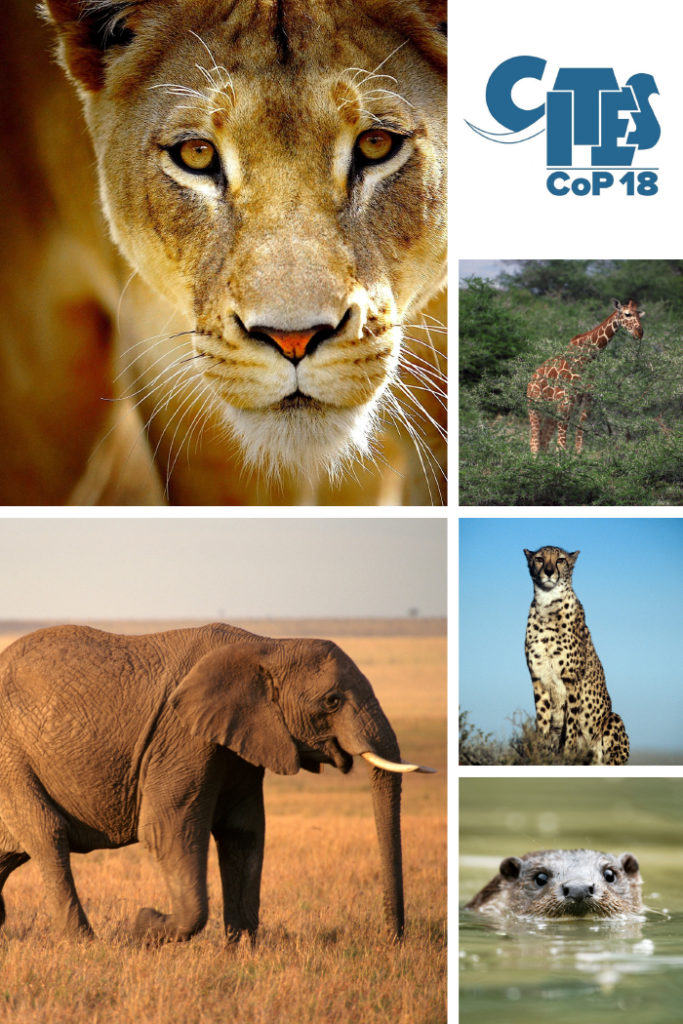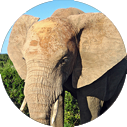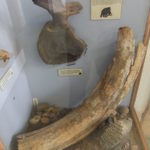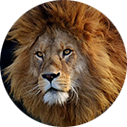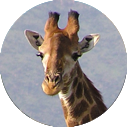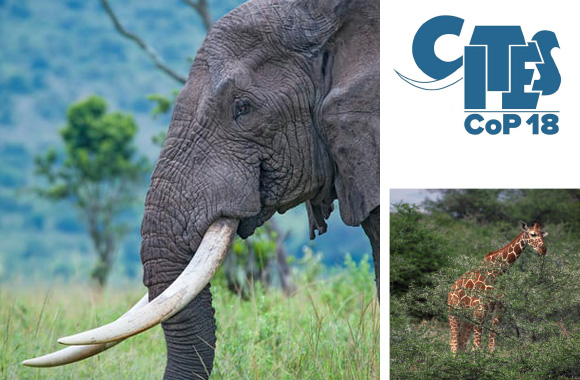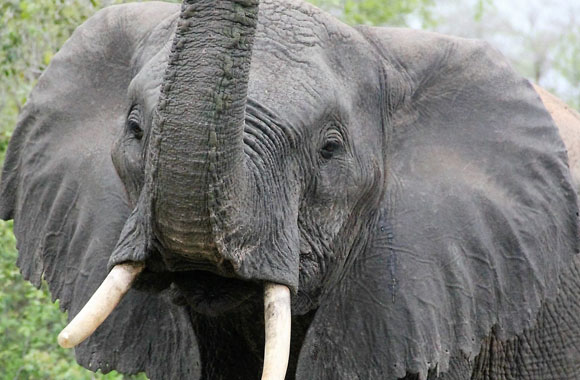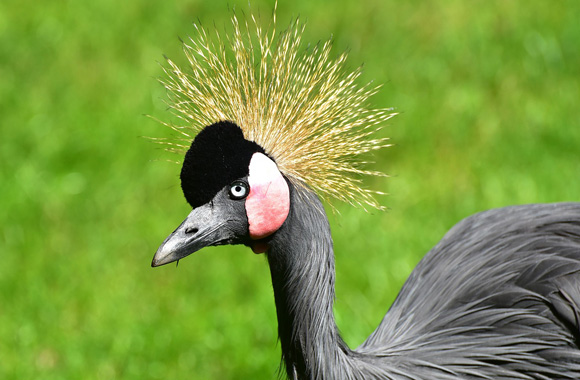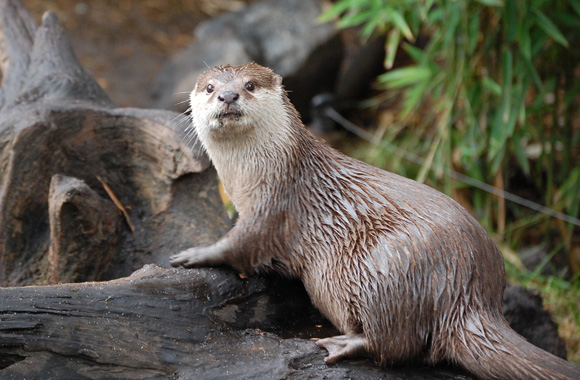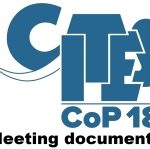What is CITES?
The Convention on International Trade in Endangered Species of Wild Fauna and Flora (CITES) is an international agreement between governments that aims to ensure that international trade in wild animals and plants does not threaten species’ survival. As of 2018, around 5,800 species of animals and 30,000 species of plants are regulated by CITES and listed in CITES Appendices I, II, or III. CoPs (Conferences of Parties) happen every three years and provide an opportunity for member States and other stakeholders to review progress in species conservation in order to adopt or amend proposals related to species protection.
What will Born Free do at CITES CoP18?
CoPs offer advocate organizations like Born Free the chance to push for stronger protections for imperiled species. This year, at CoP18, Born Free USA will actively work to increase international protections for African wildlife threatened by unsustainable and illegal trade, including:
